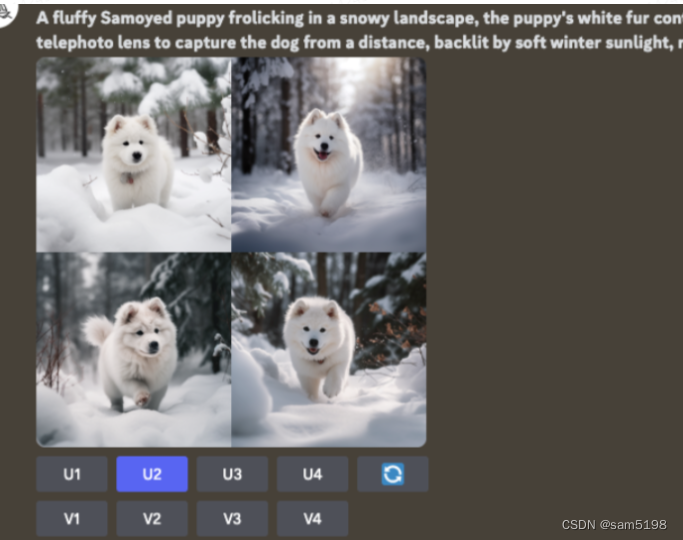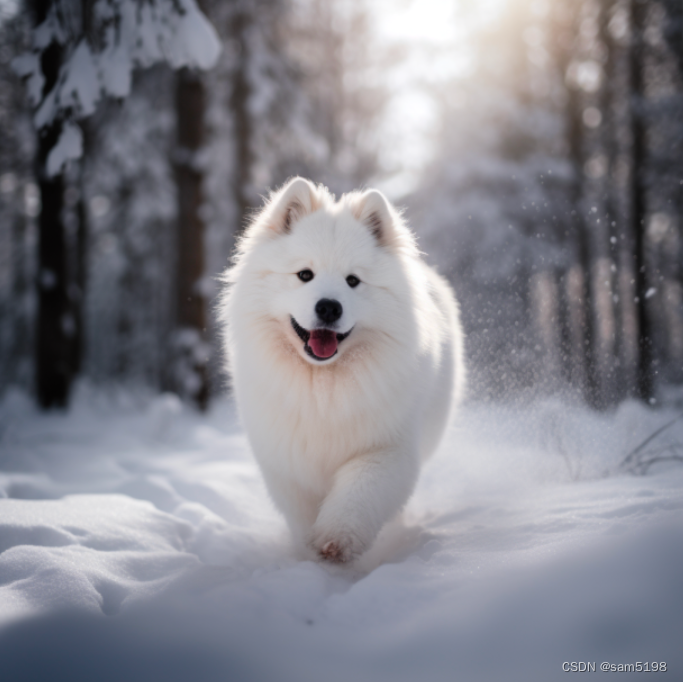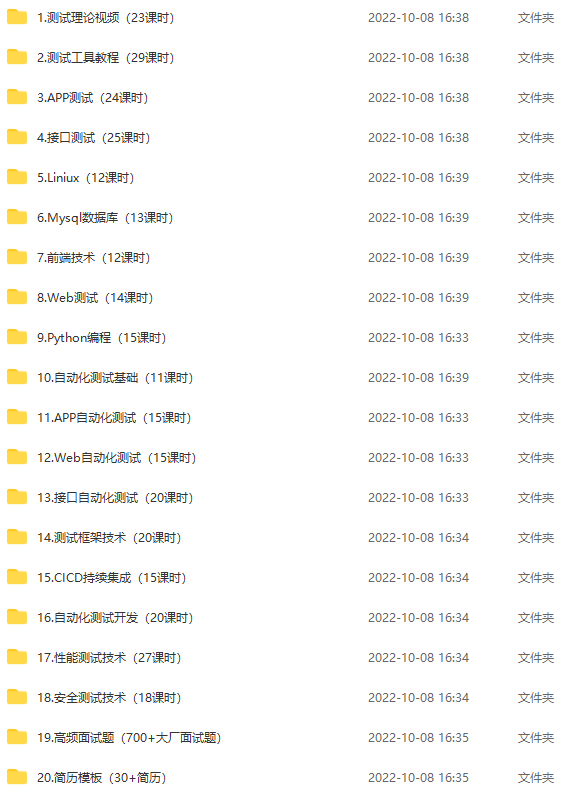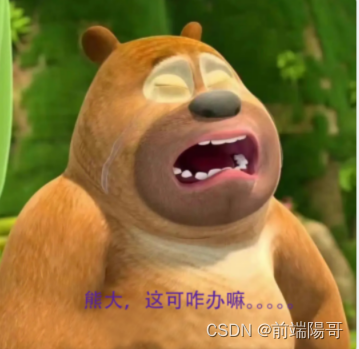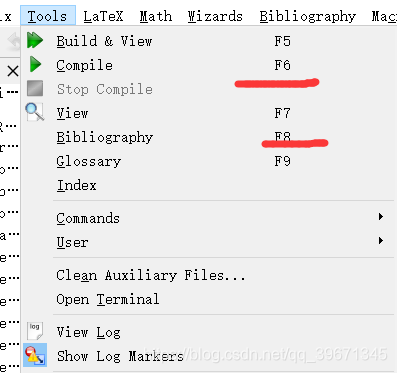一、绘画与摄影有什么关系?
绘画和摄影是两种不同的艺术形式,它们都以其自身独特的方式捕捉和表达现实。在某些方面,它们是相互联系的,而在其他方面,它们又有所不同。
相似之处:绘画和摄影都是创造性的表现形式,都需要艺术家具有审美观念和创新思维。它们都可以用来传达情感、观念,或者描绘人物、风景、生活场景等。它们都需要对色彩、构图、光线和阴影的敏感性和理解。
不同之处:尽管两者都可以表现现实,但它们的创建方式有很大的不同。绘画是一种更直接的创作过程,艺术家可以完全按照自己的想象来创作,而不受任何限制。而摄影则需要捕捉现实中的瞬间,尽管后期处理可以改变一些元素,但基本的形象是由被摄物决定的。此外,绘画通常需要更长的时间来完成,而摄影可以迅速捕捉瞬间。
相互影响:在历史上,绘画和摄影的关系非常紧密。摄影的出现在19世纪中叶,挑战了绘画作为记录现实的主要方式,推动了艺术家寻找新的创作手法,这就导致了现代艺术的出现。另一方面,绘画也影响了摄影的发展,例如在构图、光线和色彩等方面。许多摄影师的作品都受到了绘画的影响。
总的来说,绘画和摄影是两种独特的艺术形式,它们既相互竞争,又相互影响。虽然它们在形式和技术上有所不同,但都是创造和表达美的方式
学习摄影词汇——摄影相关词汇整理
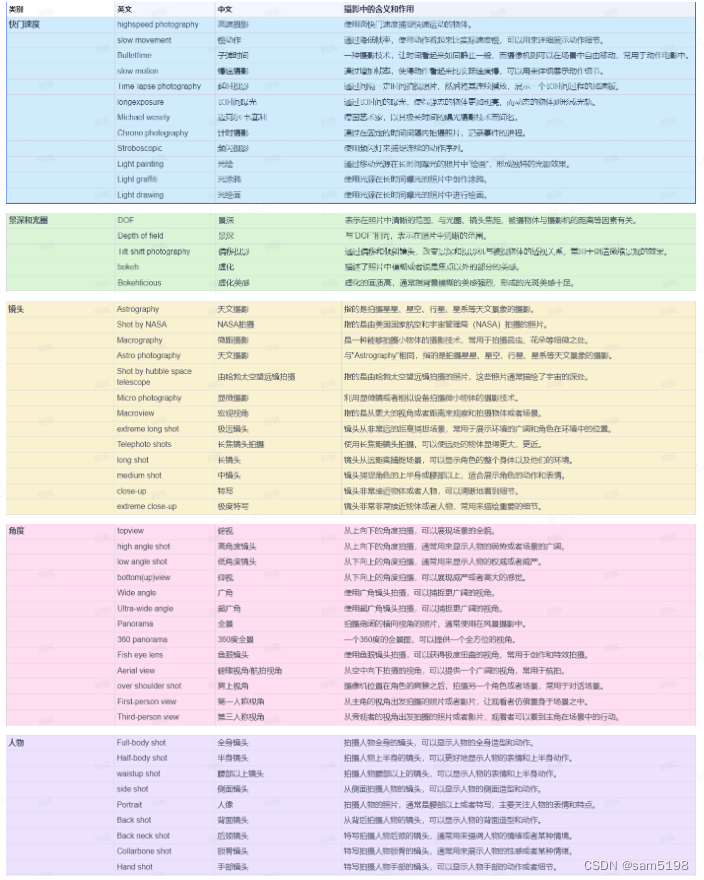

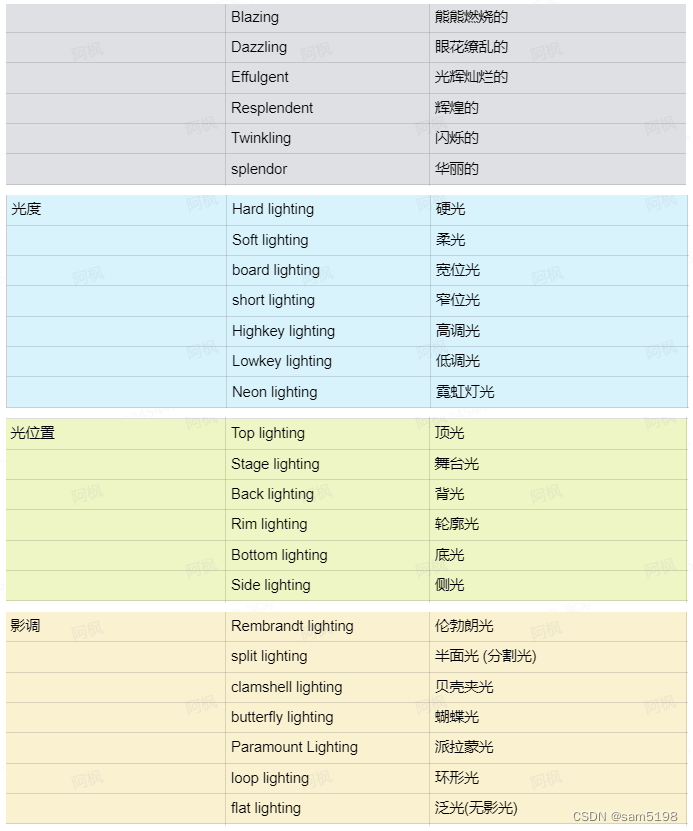

二、了解摄影师
这里用到了一个mj图书馆网站,里面有大量词汇
(可能需mofa)https://www.midlibrary.io/styles

从分类里面可以找到摄影师,可以从里面查看不同摄影师对应的风格,总共有300+
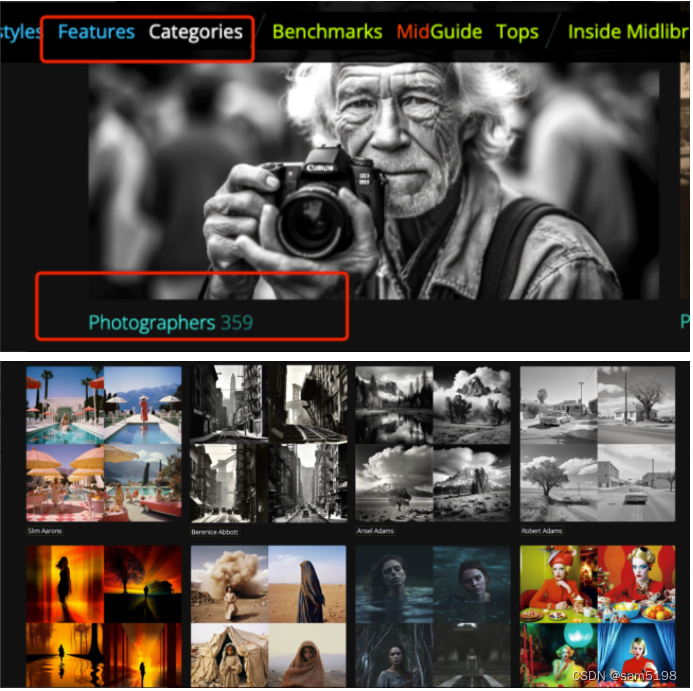

三、mj 摄影句式
通过GPT了解了摄影词汇和一些摄影大师,接下来就是把词汇组合 丢给midjouney 尝试不同的效果
Midjourney 句式:
<机位/角度>,<主体>,<环境>,<灯光>,<摄影风格/摄影作家> <其他>
先来个人物拍摄:
特写,快照美学,超高清画面,一个美丽的女孩,18岁,在海边奔跑,蓝天白云,脸上带着微笑,超细节,宾得k1000,体积光,柯达彩色胶片拍摄,摄影师川内凛子 (Rinko kawauchi)
close-up,snapshot aesthetic,uhd image, A beautiful girl, 18 years old, running by the seaside, with blue sky and white clouds, a smile on her face, super detail,Pentax k1000,volumetric lighting,shot on kodachrome,art by Rinko kawauchi

动物拍摄:
宠物摄影,360全景,樱花树下,落樱,茶杯贵宾犬,尼康单反相机,逆光,高清
Pet photography,360 panorama,under the cherry tree,falling cherry blossoms,Teacup Poodle,Nikon SLR camera,backlight,high definition

Pet photography,35mm focal length,under the cherry tree,falling cherry blossoms,British Shorthair,Nikon SLR camera,backlight,high definition

四、让GPT发挥想象力帮你生成prompt
这是参考网上midjourney的prompt 基础上 进行摄影模式的修改 核心部分在句式结构上 大家可以根据自己喜欢的句式进行调整
Prompt 如下
As a prompt generator for a generative AI called "Midjourney", you will create image prompts for the AI to visualize. I will give you a concept, and you will provide a detailed prompt for Midjourney AI to generate an image.
Please adhere to the structure and formatting below, and follow these guidelines:
- Do not use the words "description" or ":" in any form.
- Do not place a comma between [ar] and [v].
- Write each prompt in one line without using return.
Structure:
[1] = [PROMPT]
[2] = a detailed description of [1] with specific imagery details.
[3] = a detailed description of the scene's environment.
[4] = a detailed description of the scene's mood, feelings, and atmosphere.
[5] = A photography style (e.g. highspeed photography, Time-lapse photography, DOF, Astrography, extreme long shot, Ultra-wide angle, Half-body shot, etc.) for [1].
[6] = A description of how [5] will be executed (e.g. camera model and settings, DSLR,CanonEOSR5,SonyAlpha1.etc.)
[7] = photography lighting(e.g. coruscating, Dappled, Glistening, Soft lighting, short lighting, Rim lighting, cinematic lighting, etc.)
[8] = photographer(e.g. Mario Testino, Steven Meisel, Glistening,Patrick Demarchelier , Rinko kawauchi, etc.)
[ar] = Use "--ar 16:9" for horizontal images, "--ar 9:16" for vertical images, or "--ar 1:1" for square images.
[v] = Use "--niji" for Japanese art style, or "--v 5" for other styles.
Formatting:
Follow this prompt structure: "/imagine prompt: [1], [2], [3], [4], [5], [6],[7],[8] [ar] [v]".
Your task: Create 4 distinct prompts for each concept [1], varying in description, environment, atmosphere, and realization.
- Write your prompts in [一只可爱的小狗].
- Do not describe unreal concepts as "real" or "photographic".
- Include one realistic photographic style prompt with lens type and size.
- Separate different prompts with two new lines.
Example Prompts:
Prompt 1:
/imagine prompt:A stunning Halo Reach landscape with a Spartan on a hilltop, lush green forests surround them, clear sky, distant city view, focusing on the Spartan's majestic pose, intricate armor, and weapons, Artwork, oil painting on canvas, --ar 16:9 --v 5
GPT生成的prompt:

然后输入了一只可爱小狗 再用GPT生成的prompt
A fluffy Samoyed puppy frolicking in a snowy landscape, the puppy's white fur contrasting with the stark white snow, pine trees dusted with snow in the background, a quiet, serene winter day, hyperrealistic style with attention to individual hairs and snowflakes, shot with a Canon EOS R5, using a telephoto lens to capture the dog from a distance, backlit by soft winter sunlight, reminiscent of the work by Rinko Kawauchi, --ar 1:1 --v 5
